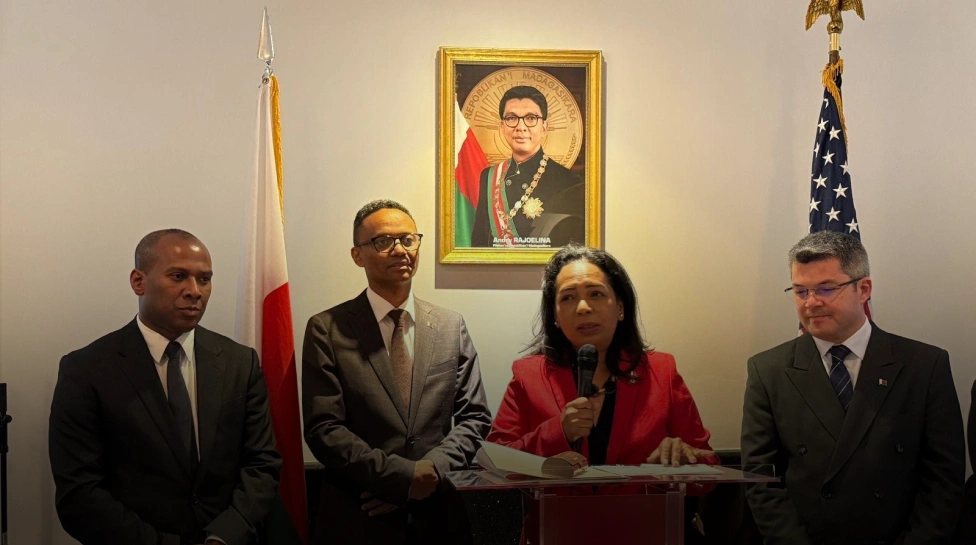Human Capital and Technology at the Heart of the Strategy
The Ministry of Industrialization and Trade (MIC) has launched a new dynamic for foreign trade. A day organized at the Carlton Hotel in Anosy, with the support of the Export Development and Regional Integration Support Program (PADEIR), validated the National Export Strategy (SNE) and approved the communication strategy for the Madagascar-EU Economic Partnership Agreement (EPA).
Isidore Razanakoto, Director General of Trade, explains that Madagascar needs to rethink its exports. Three main sectors dominate: minerals, textiles, and agribusiness. The United States, Europe, and China remain the main markets, but the MIC is now also targeting SADC, COMESA, and the AfCFTA. According to him, markets must be expanded and the value of Malagasy products increased.
Textiles illustrate this evolution. Sales to the United States are growing thanks to AGOA, but new US taxes are reducing margins. Vanilla and other products are suffering the same effect. For the CEO, market diversification is essential to protect the country’s revenues.
Eric Beantanana, a consultant at the World Bank, emphasizes a comprehensive approach: “Trade can no longer function in isolation. We need to connect education, infrastructure, logistics, and other sectors.” Three levers support this strategy: attracting investment, modernizing infrastructure, and developing human capital.
The lack of ships is still holding back exporters. Most products leave without branding or packaging, which reduces their value. For Beantanana, packaging, branding, and storytelling are essential, as is training marketing and negotiation specialists.
The strategy also encourages local consumption and reducing imports. “We need to trust our products and use them more,” he adds.
After eight months of consultation between the State, the private sector, and several ministries, the SNE is accompanied by an action plan and detailed monitoring. The objective is to transform Madagascar’s trade into an engine of growth, a creator of jobs, and a factor in improving the daily lives of citizens.






